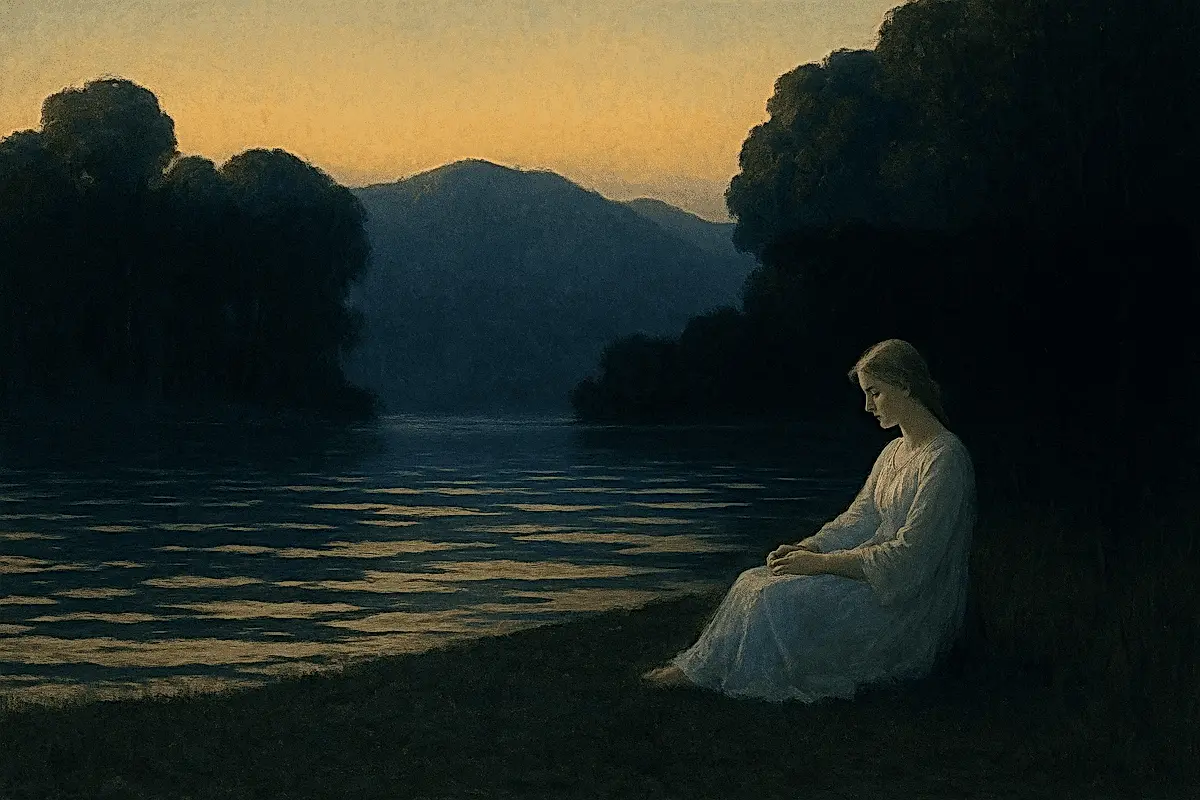
About
My name is Paul Mendrik. What draws me, what has always drawn me, is that trembling question of what it means to exist—to feel oneself existing. I write about the threshold between what is and what might yet become, that shimmering boundary where being meets possibility.
There is a simple truth I carry: we shall all die. Nothing of ours will remain. This is not despair—it is clarity.
The universe spreads vast and strange before us, mostly unknowable, and yet here we stand: alive, conscious, capable of both nobility and baseness. Should we not then meet life boldly? Should we not greet it with vigour, with passion, with whatever kindness we can summon from within ourselves? This is the task—not a solitary one, but ecological, woven from individual choice and the fabric of our shared world.
As a philosopher, I built The Spinozist from my love of reading and writing. It became a place to explore Spinoza's thought, to show how his philosophy might guide us through the existential dread that rises from our disordered, despairing world.
Some years ago, something happened that broke me. There is no gentler word.
I found myself wandering through ruins—inner ruins. The path I had followed revealed itself as almost unreal, yet it was the path my talents had shown me, the path I had trusted. I saw then the absurdity of being ruled by what I could do well, the tyranny of my own gifted nature, and the strange slavery to myself.
But I was given compassion—someone's compassion, or life's, or perhaps my own, finally turned inward. In September 2014, I stood ready to die and let everything die with me.
Yet I could not allow it. Most people live only for what they were made for, shaped by forces beyond their choosing. But I realised something then: I had never known love, for love is only known in the act of loving and being loved. We do not wake for ourselves alone.
Love breathes life even into what has died beyond itself.
This awakening led me to Spinoza—that philosopher cherished by Hölderlin, Heine, Goethe, Nietzsche, and Einstein. He remains vital today, shaping democratic thought, secularism, science, ethics, political theory, and environmental philosophy.
For Spinoza, God is unlimited reality—a Being whose intelligent structure unfolds endlessly in the universe we inhabit. In one reading, the universe is a single vast mind, for all that exists possesses both extension in space-time and consciousness. The universe is not a person, does not prefer one thing over another, but wills all that occurs, continuously, from its own being.
God does not create for any purpose. God simply creates whatever can be created according to the laws of God's own nature.
All things are "modes"—lawful transformations of God's being. This applies to parakeets and supernovas, to you and me, and to Donald Trump.
There is much more to Spinoza: his radical ideas about human freedom, his mind-body monism, his mapping of human emotions, and his path to happiness.
Spinoza's God possesses awareness, being, intelligent structure, and lawfulness. Everything unfolds eternally from within its immensely powerful heart. This God shares more with the Neo-Platonists or the most radical Kabbalists, but Spinoza's God does not care—not in the human sense.
Einstein, when asked by a rabbi, replied, "I believe in Spinoza's God, who reveals himself in the orderly harmony of what exists, not in a God who concerns himself with the fates and actions of human beings."
Spinoza's vision of "God, or nature" (deus sive natura) allows us to perceive the universe as an intelligent unity. We might even love it—love its miraculous beauty and interconnectedness—if we can transcend our merely human desires. Then it may work for our benefit.
This is the path I walk now: between ruin and renewal, between knowledge and mystery, seeking to live with awareness in this strange, vast cosmos that dreams itself through us.